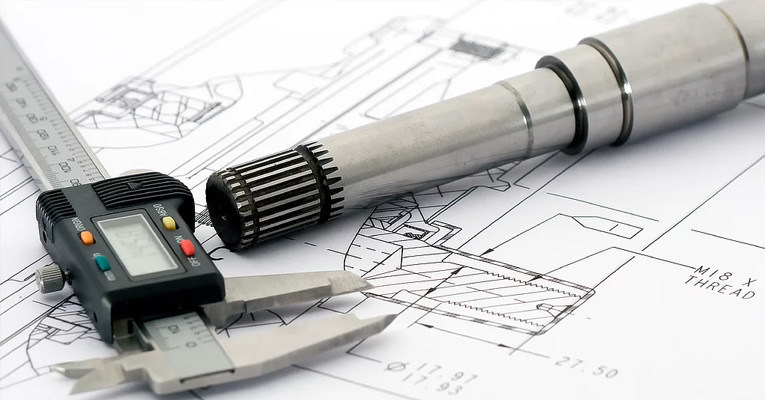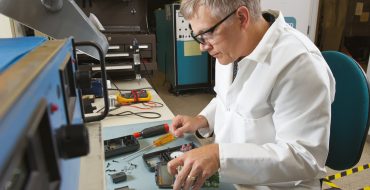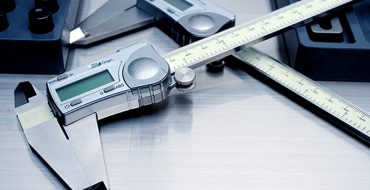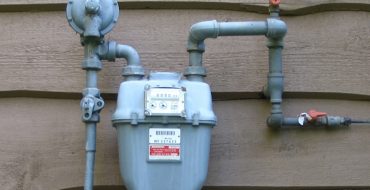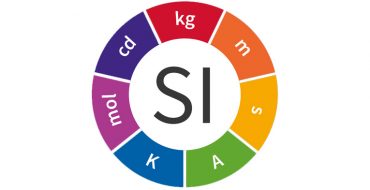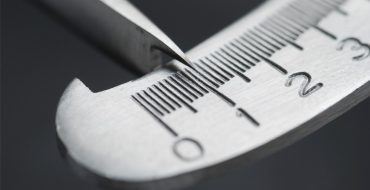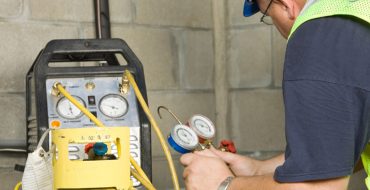Everything has a value. We plan our lives and make commercial exchanges based on values. A pound of meat bought from two different butcher’s shops must contain the same amount of food. A flange bought by a supplier must fit to the flange purchased by a different supplier. A 14 karat gold ring must contain a specific quantity of gold. Mass, Length, Volume, Temperature… We use these measurements every single day. But how do we know that the measured values are correct? Can we assume that every balance, every thermometer, every caliper will display the same reading if they measure the same quantity?
This is why Metrology and Calibration are needed. But what do these terms mean?
Metrology is the science of measurement. It contains everything that has to do with measurement: Designing, performing, documenting the measurement, evaluating and analyzing the results, calculating the measurement uncertainties. We could distinguish three major categories of Metrology:
– Scientific Metrology deals with the organization and development of measurement standards and with their maintenance (highest level).
– Industrial Metrology ensures the adequate functioning of measurement instruments used in industry, either in production or in testing processes.
– Legal Metrology has to do with measurement involving economic transactions, safety and health.
Calibration is usually defined as a set of operations, performed in accordance with a definite, documented procedure that compares the measurements performed by an instrument to those made by a more accurate instrument or standard, for the purpose of detecting and reporting, or eliminating by adjustment, errors in the instrument tested.
Having defined the term of calibration, the question that arises is “Can anyone perform calibrations?” The answer is no. Calibrations must be done by dedicated laboratories which have the appropriate equipment, trained personnel, documented procedures and can monitor and control the environmental conditions (temperature, humidity, vibration etc.) that affect the measurements. These laboratories can be separated into the following categories depending on their level and function:
– Primary Laboratories: These are the highest level calibration laboratories which deal with research and development of measurement methods and procedures. They also maintain and calibrate the primary and secondary standards.
– Secondary Laboratories: They are involved with secondary and working standards’ calibration. These laboratories can also perform lower accuracy calibrations where specialized techniques are required.
– Research Laboratories: They mainly support research activities. Depending on the situations some Research Laboratories may have the most accurate standards since they might be involved with more abstract projects.
– Calibration Laboratories: These laboratories are the most common ones. They are handling large volume calibrations and they use measurement standards which are calibrated by secondary level laboratories. Calibration Laboratories are focused on serving the customer the most quickly the possible, without affecting quality.
– Mobile Laboratories: These are actually Calibration Laboratories “on wheels”. Sometimes there are instruments that cannot be sent to a laboratory. In these cases the easiest way to serve the customer is to send the Calibration Laboratory on site.
So why should we calibrate instruments? Is it necessary? Let’s see some fields and industries where calibration is very important:
– Pharmaceutical: each medicine must contain a specific quantity and quality of certain substance.
– Automotive: The dimensions of each vehicle must be specifically defined and produced. Each component of the vehicle (motor, breaks, etc.) must operate under strict specifications.
– Army: There are special Army Standards defining specific tests and calibrations.
– Economical Transactions: How do we know that our gas meter measures correctly the consumed gas? How do we know that the10 gallonsof oil, provided by the gas station, are truly10 gallons?
All the above are just some of applications where Metrology and Calibration are necessary or even mandatory. Health, Safety, Industry, Military applications, Billing – all these activities rely and depend on accurate measurements.
Written by Sofia


